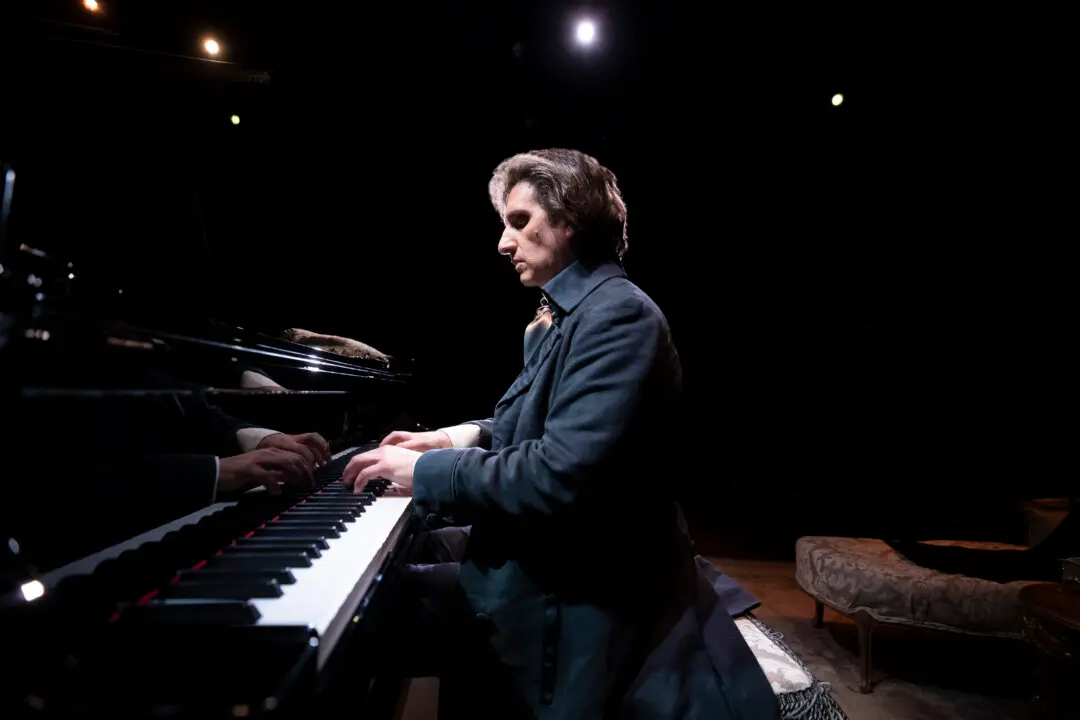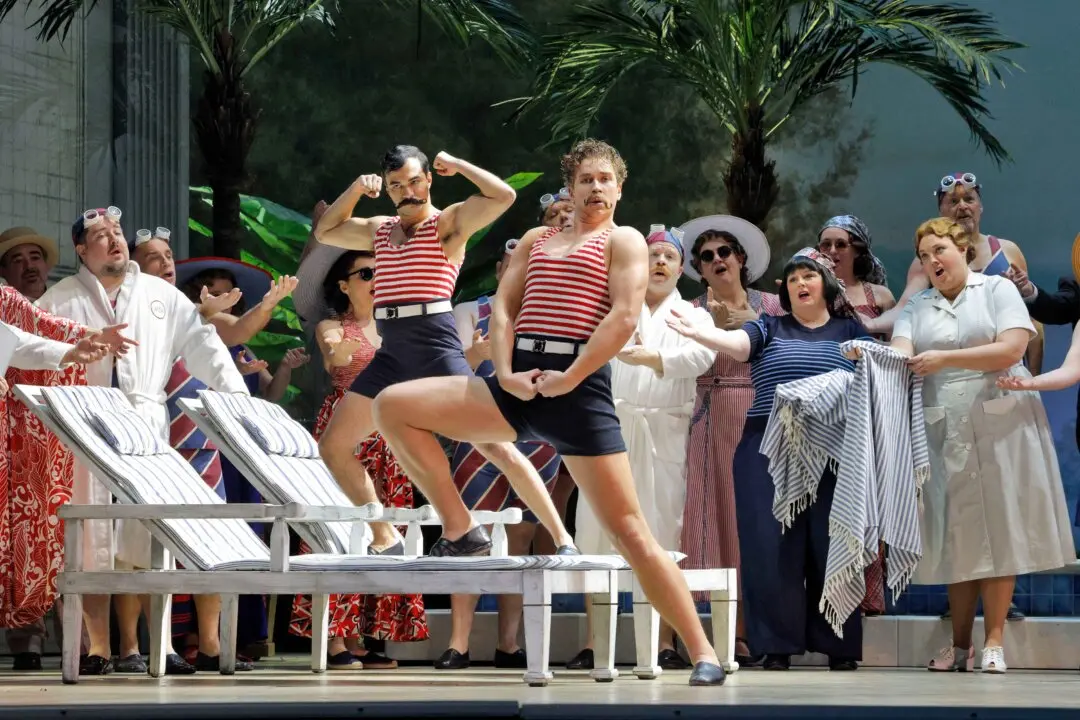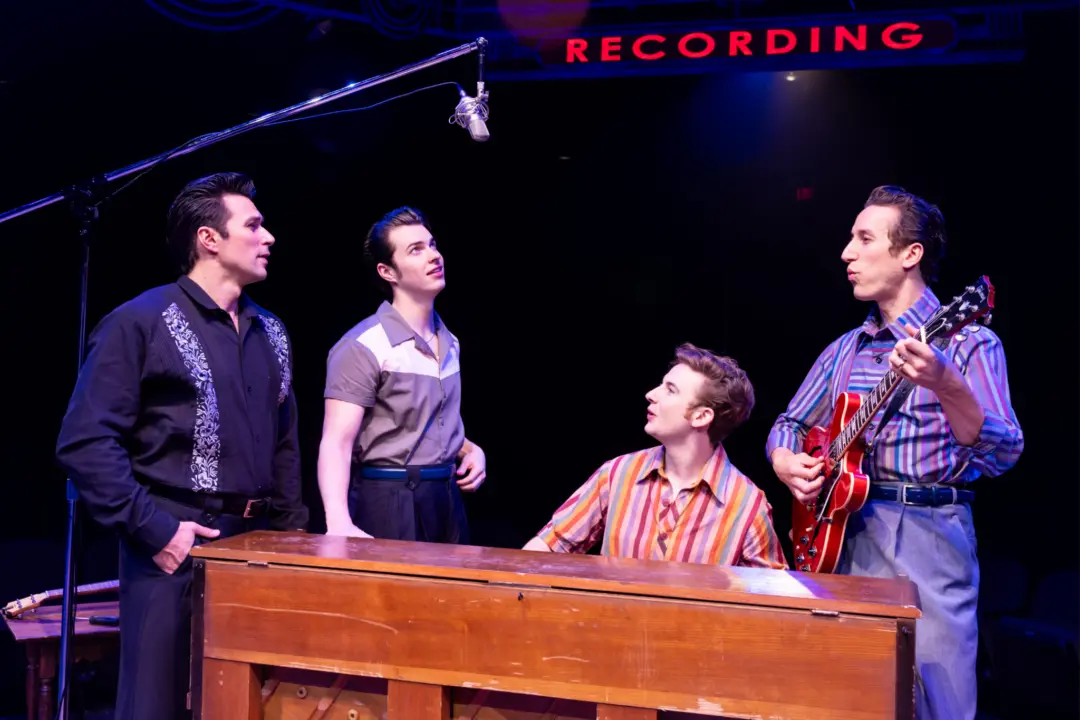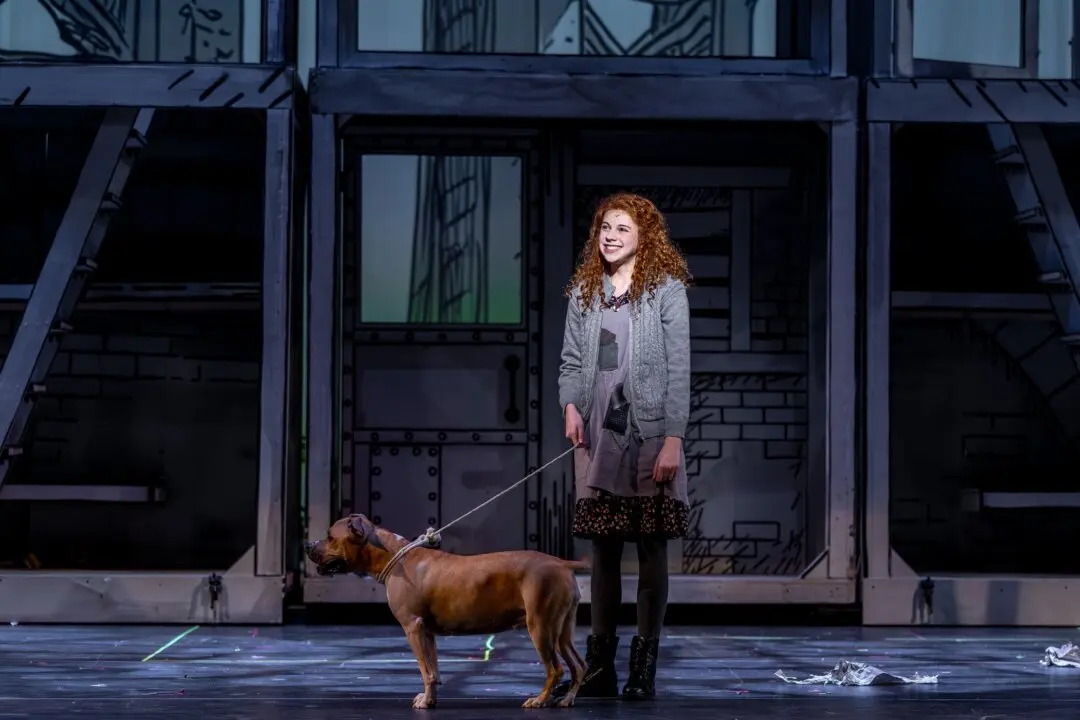GLENCOE, Ill.—If you didn’t know that it’s Hershey Felder at the piano in “Monsieur Chopin: A Play With Music,” now at the Writer’s Theatre in Glencoe, Illinois, you'd swear that you were watching the real Frederic Chopin (1810–1849) playing his music and talking about his life, his compositions, and his loves.
It’s not just that Mr. Felder resembles the Polish composer physically, but that his dramatic and masterful way with the keyboard gives the impression that we’re actually experiencing the genius.





